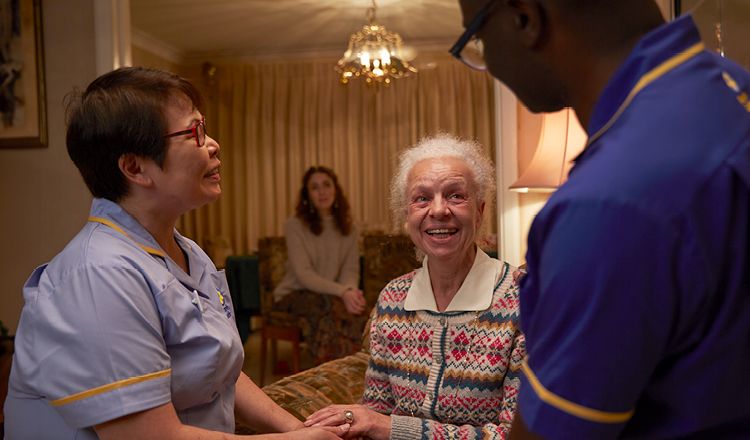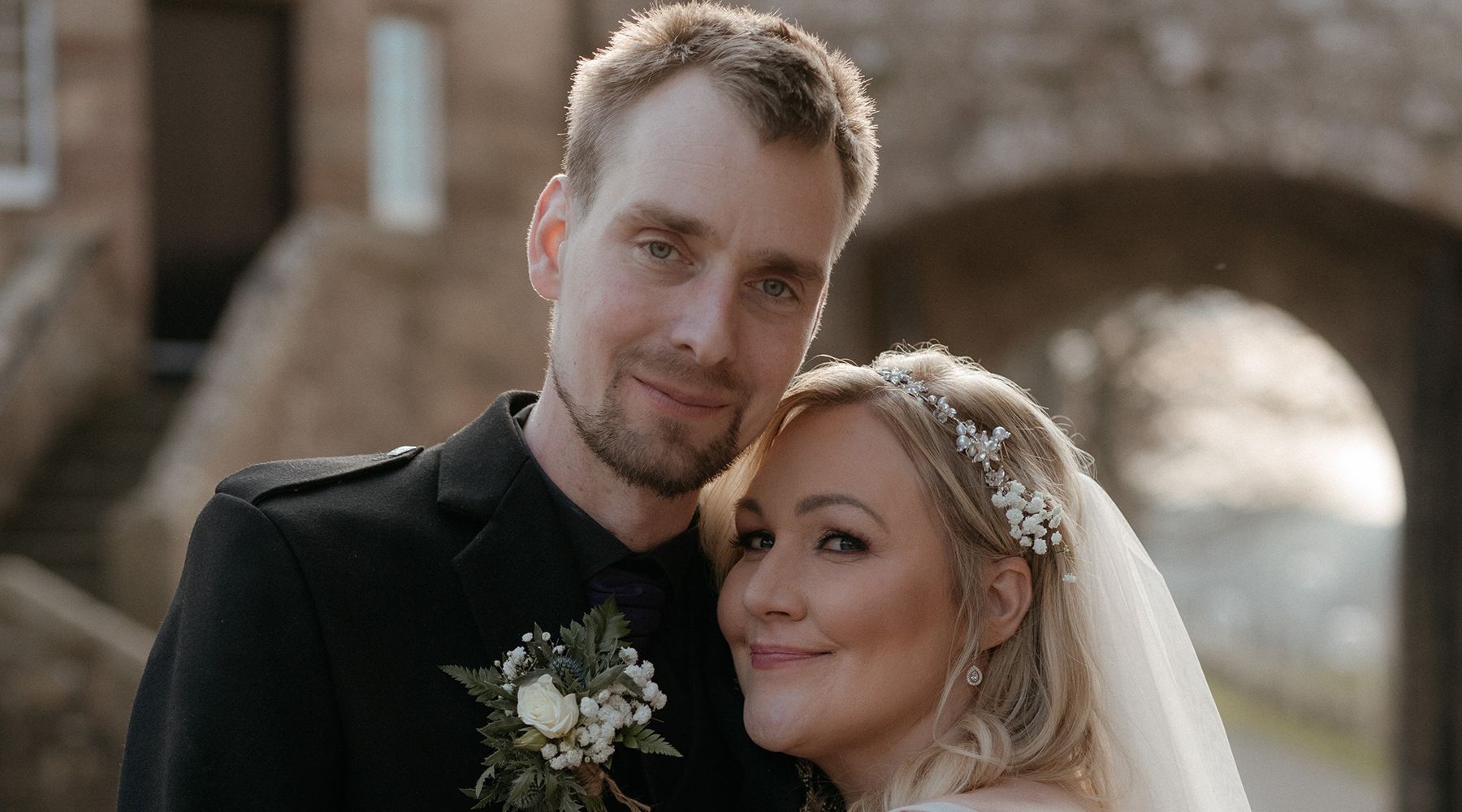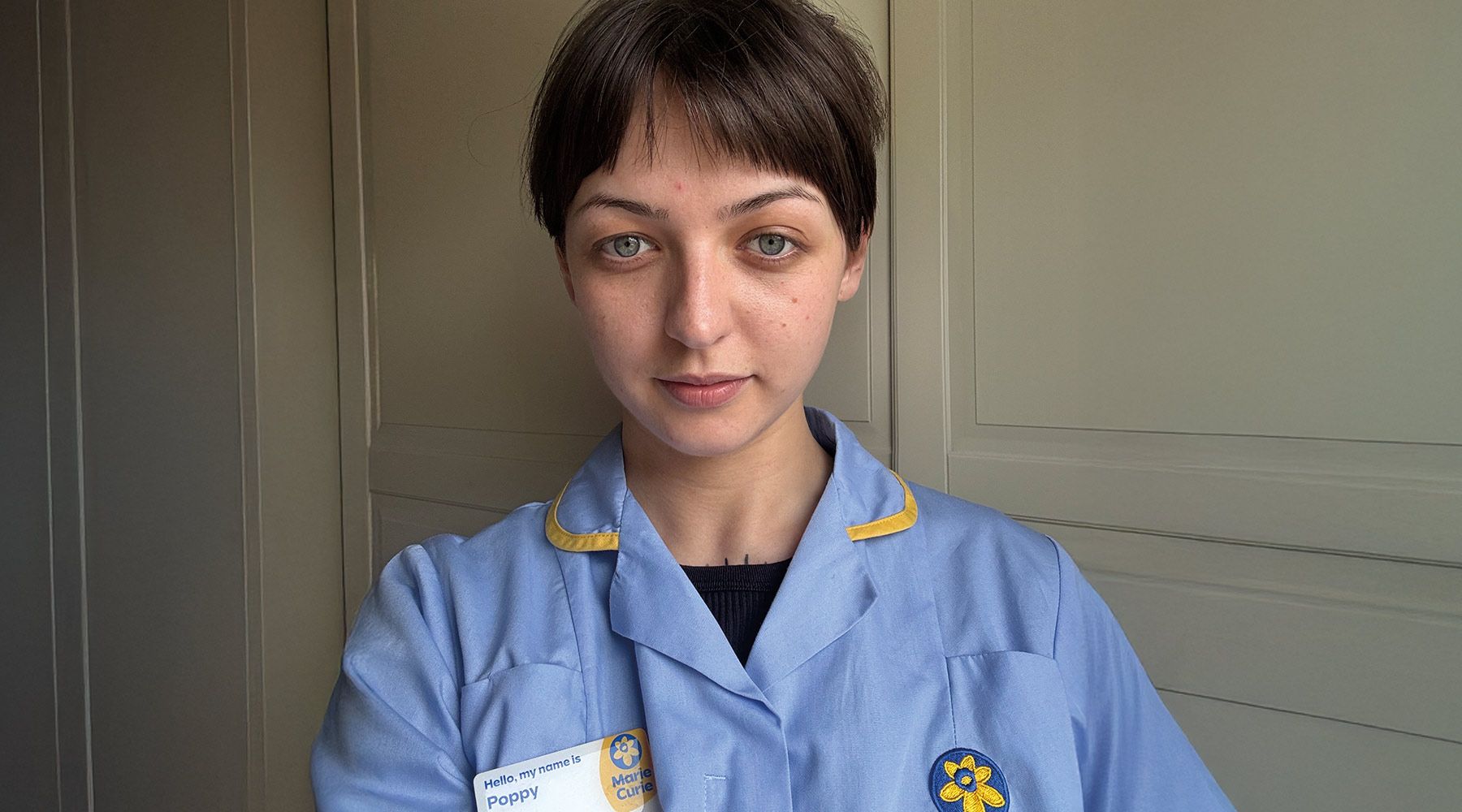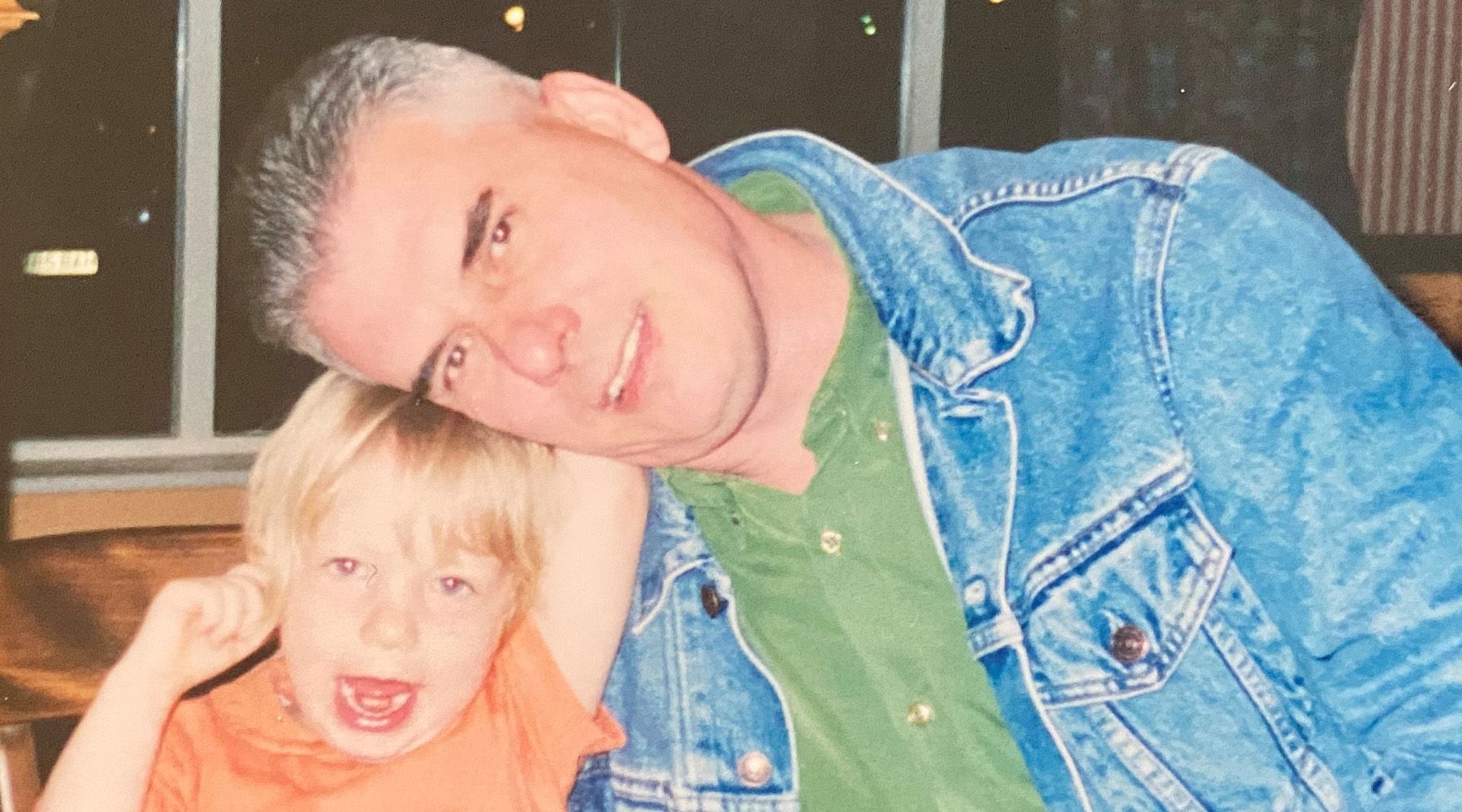I work as a hospice doctor because I see the difference we make
In my first year as a junior doctor, there was no palliative care consultant or hospice attached to the hospital where I was based. But the breast surgeon I worked for was inspirational and would admit patients for end of life care under our surgical take, so I had to learn quickly.
As a newly qualified doctor, I felt quite ill-equipped to manage all of their complex needs: physical symptoms such as pain and constipation, as well as the psychological and emotional needs of them and their families.
I wanted to do a better job for the people under our care, so I applied for a palliative care job at a hospice the following year. I loved getting to know our patients and their families and seeing how patients benefitted from the attention to detail that our specialty prides itself in. What has amazed me since then – during many years of training and being a consultant in a hospice – is just how many hands play a part in making that care a reality.
Making a connection with the people you care for is so important
I'm very clinically focused, despite my management role title. I get in early so I can check how everyone is doing. If it's a ward round day, then I'll see everyone on my ward with my junior doctors. We'll assess each person in turn, examine them, adjust their medicines, answer any questions they've got, and chat to their families.
The most rewarding part of the job for me is the camaraderie of the team, and the gratitude you get for the difference that you've made to so many people. That could be the symptoms you've improved, or the relief given to carers knowing that the person they care for is somewhere safe with good views and good food.
Every member of staff makes our work possible
We care for hundreds of people every year, and it's only with the help of our whole team that we support them to continue to create memories for their friends and families to hold onto. The people we care for often tell me that – whether it's the housekeeper or the receptionist – everybody has been welcoming and played a part in improving their experience. We like to make a difference at every step of a person's journey. That could mean helping somebody park their car, or simply singing a song while mopping the floors!
The word "angels" comes up a lot when our nurses are being discussed. Even our junior doctors tell me they're in awe of the care that they've seen delivered here, and so grateful for the learning they've experienced up close.
Sometimes it takes thinking outside the box
One year, we were caring for a man in his 40s in the hospice. His family had booked tickets for a fantastic Christmas lights show months before, but by October he was hospitalised and told he had weeks to live. Although he was doing better than expected, the family were planning to cancel.
Everyone at the hospice started thinking of ways to make it happen. With the help of Marie Curie Nurses, the hospice physiotherapist as well as the Welsh Ambulance Service and their volunteers, we helped get him to the light show on a freezing cold night.
Learning more about the people under our care means we can go the extra mile
It doesn't always have to be an extravagant, far-away visit. Maybe a nurse hears that a wedding anniversary is approaching and gets a card, or someone mentions an upcoming birthday and before you know it, one of our chefs has baked a cake.
Marie Curie Nurses are great at building connections because they're there when people need them. They're very good at identifying those things, the small things, that make a big difference at this point in somebody's life.
It keeps me going to hear people comment on our standard of care because we go above and beyond, and they can't fault it. Extra time with people and their families, food cooked on-site – these are thing that we couldn't do without kind donations from the public. I know first-hand how much of a difference it makes.
Learn more about how Marie Curie services provide a better end of life for more people and their families, whatever the illness.




